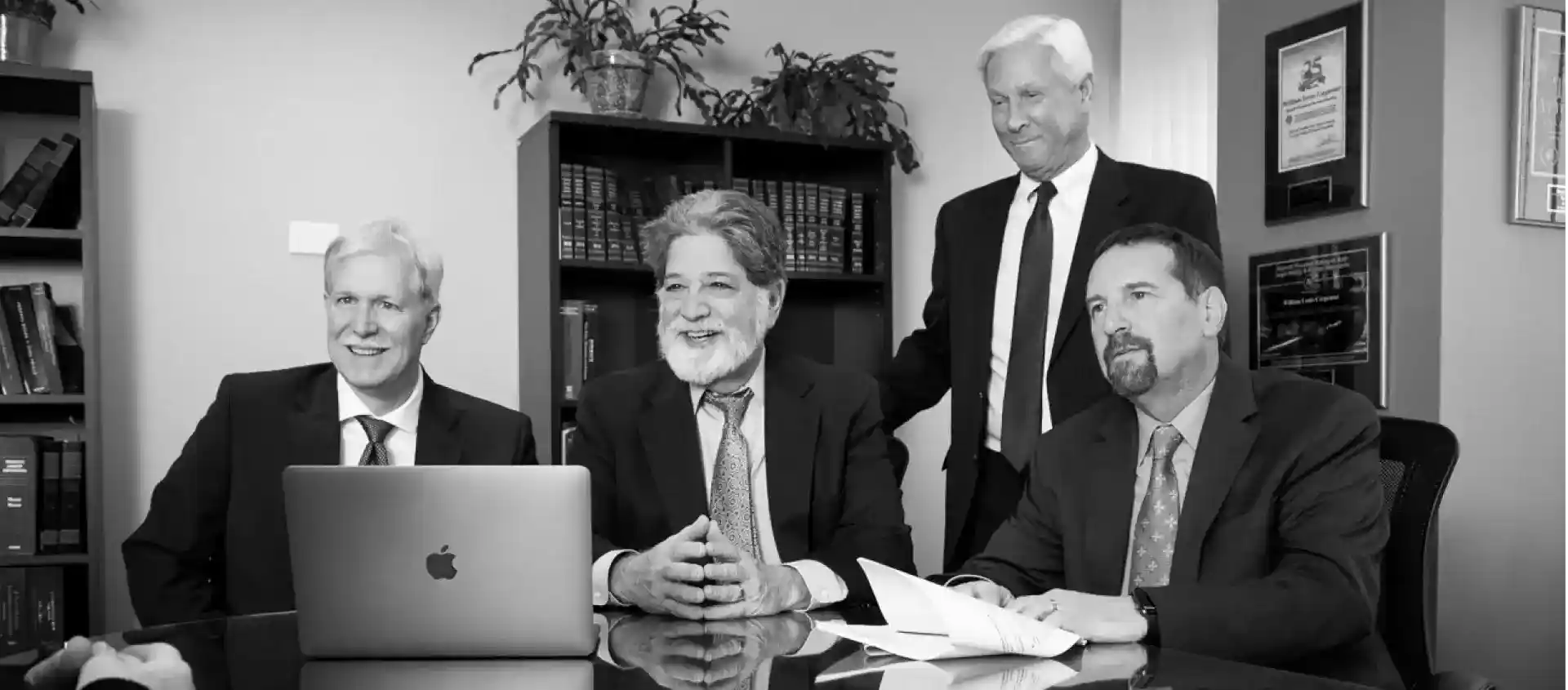Hearsay is a statement that was made out of court that proves the truth of the issue at hand. Often, this type of evidence is not admissible in court because it is considered unreliable secondhand information. However, exceptions do exist, and such statements can sometimes be admitted.
Referring to Statements Made Out of Court
An oral or written statement could be hearsay if it refers to something said by someone who is not in court.
Say Ann is a witness in a burglary case against Matt. Ann testifies that she heard Nancy tell Edwin she saw Matt steal a computer.
If Nancy is not a witness or has not testified in the case, Ann’s testimony could be considered hearsay because it relies on information she overheard, rather than something she was specifically told.
Secondhand Information Cannot Be Verified
Generally, rules of evidence prevent hearsay from being admitted because the information cannot be verified. Neither prosecution nor defense can question the person who allegedly made the statement to determine what they meant.
In the above example, attorneys wouldn’t be able to clarify with Nancy her intentions when she was talking to Edwin. Too many variables exist.
For example, perhaps she has a tendency to make up stories about others, or maybe she was joking when talking to Edwin, or it’s possible that she was upset with Matt.
Proving Something Other than the Truth of the Matter
There are some instances when a testimony, such as Ann’s, can be admitted. While secondhand information cannot be presented to prove the events of the case are true, it can be used to show that some other related fact happened.
If Ann’s testimony was an attempt at proving Matt stole a computer, it would not be admitted. However, if her testimony demonstrated that Matt was in a certain place at a certain time, it could be used.
Exceptions to the Rule
The rules of evidence also provide many exceptions that allow for hearsay to be admitted. The Federal Rules of Evidence (FRE) define 23 such exceptions. States may have their own set of rules, but they generally coincide with the FRE’s.
FRE hearsay exceptions include:
- Present Sense Impression
- Excited Utterance
- Then-Existing Mental, Emotional, or Physical Condition
- Statement Made for Medical Diagnosis or Treatment
- Recorded Recollection
- Records of a Regularly Conducted Activity
- Absence of a Record of a Regularly Conducted Activity
- Public Records
- Public Records of Vital Statistics
- Absence of a Public Record
- Records of Religious Organizations Concerning Personal Family History
- Certificates of Marriage, Baptism, and Similar Ceremonies
- Family Records
- Records of Documents that Affect Interest in Property
- Statements in Documents that Affect an Interest in Property
- Statements in Ancient Documents
- Market Reports and Similar Commercial Publications
- Statements in Learned Treatises, Periodicals, or Pamphlets
- Reputation Concerning Personal or Family History
- Reputation Concerning Boundaries or General History
- Reputation Concerning Character
- Judgment of a Previous Conviction
- Judgments Involving Personal, Family, or General History, or a Boundary
Call Gerash Steiner & Blanton, P.C. for Fierce Legal Representation
Our attorneys at Gerash Steiner & Blanton, P.C. have over 65 years of combined legal experience and are practiced in navigating the processes of criminal cases. We will carefully analyze your situation and challenge the admissibility of evidence the prosecution presents.
If you are facing charges, call us now or contact us online for a free consultation.


